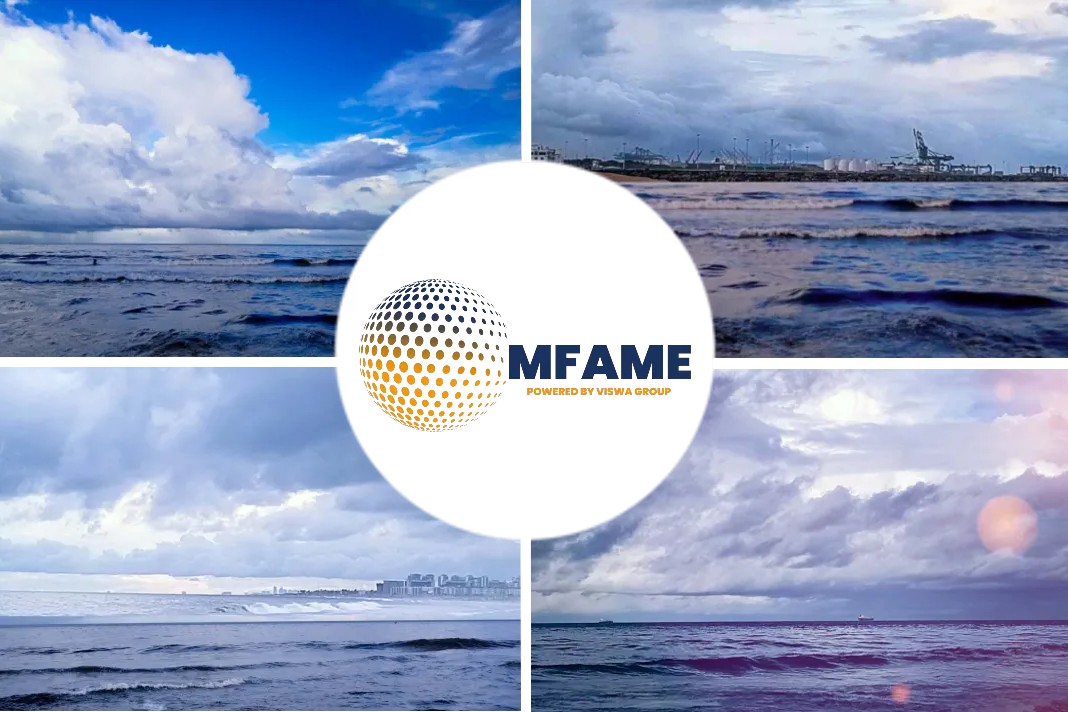- Nineteen countries have signed a declaration to establish “green shipping corridors” — zero-emission maritime routes between two or more ports — in an effort to help the shipping sector decarbonize.
- The specific green maritime routes will be decarbonized from end to end, including both land-side infrastructure and vessels.
Nineteen countries including the UK have agreed to support the creation of zero-emission shipping routes, reports Global Maritime Forum.
The Clydebank Declaration
The Clydebank Declaration signed at COP26 says it is the aim of the signatories to assist with the establishment of “at least six green corridors by the middle of this decade”.
There is also an ambition to “scale activity up in the following years”, such as through “more routes, longer routes and/or having more ships on the same routes”.
The declaration added: “It is our aspiration to see many more corridors in operation by 2030. We will assess these goals by the middle of this decade, with a view to increasing the number of green corridors.”
Zero-emission shipping routes
It set out various ways of supporting zero-emission shipping routes, including establishing partnerships between ports, operators and others to accelerate the decarbonisation of the shipping sector and its fuel supply.
Another method is identifying barriers such as regulations, incentives and infrastructure. About 80% of global trade by volume is carried on ships, but there is growing concern about the sector’s environmental impact.
A report published by United Nations agency the International Maritime Organisation in August last year found that ships produced a billion tonnes of CO2 in 2018.
That means the industry accounted for 2.89% of the world’s CO2 emissions, up from 2.76% in 2012.
Need for a clear ‘next step’
The naming of the Clydebank Declaration pays tribute to the heritage of Glasgow, where it was signed on Wednesday, and the River Clyde.
The 19 countries which signed up to the agreement were: Australia, Belgium, Canada, Chile, Costa Rica, Denmark, Fiji, Finland, France, Germany, Ireland, Japan, the Marshall Islands, the Netherlands, New Zealand, Norway, Sweden, the UK and the US.
Ingrid Irigoyen, associate director for ocean and climate at US think tank The Aspen Institute, said establishing zero-carbon shipping corridors is “a clear and necessary next step”.
She went on: “We’ll need to align stakeholders across the shipping and fuels value chains in specific geographies, and having this group of governments ready and eager to support those efforts is extremely helpful.”
Did you subscribe to our daily newsletter?
It’s Free! Click here to Subscribe!
Source: Global Maritime Forum
















